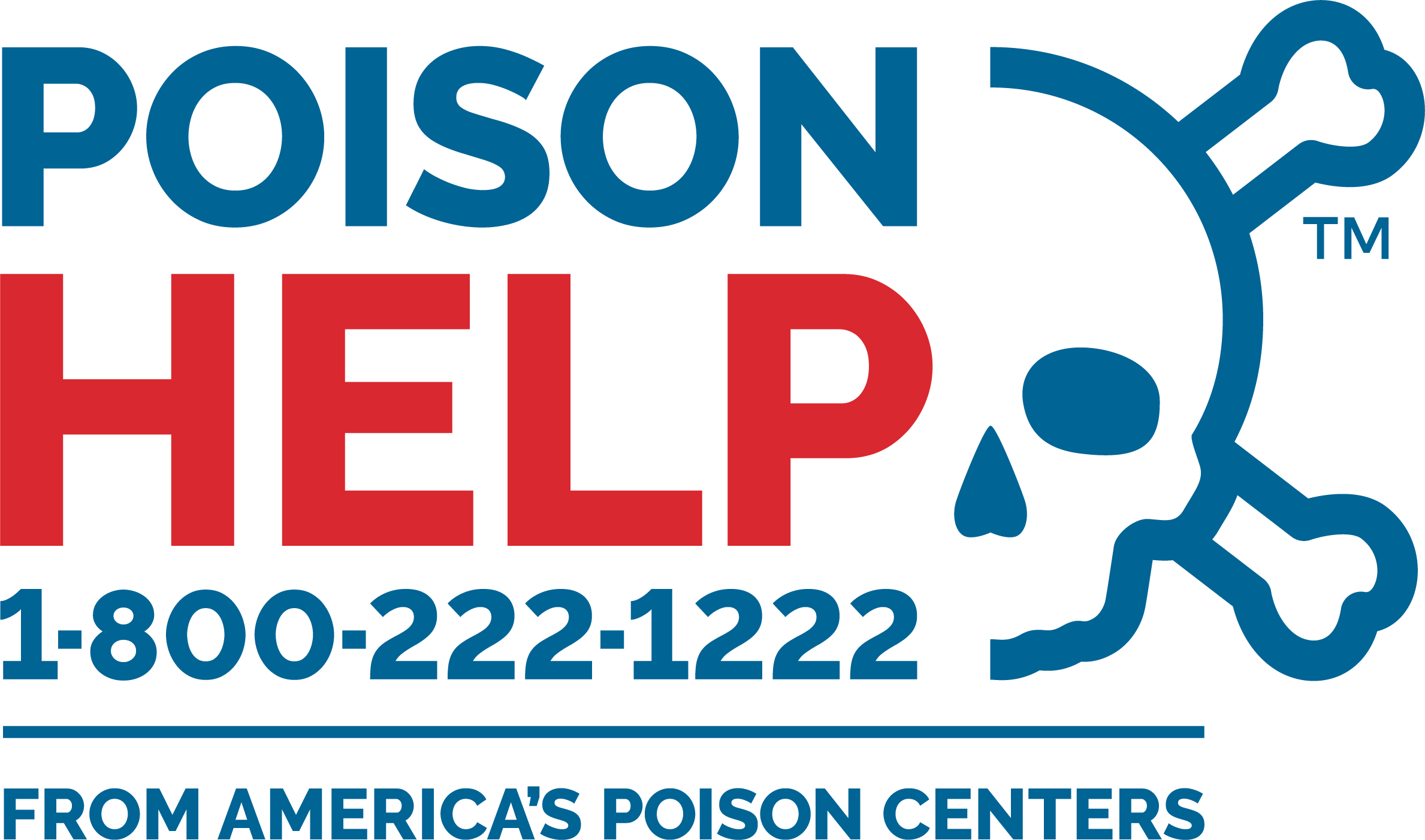Medicines
[su_youtube url=”https://youtu.be/oYZANt5k89I”] [su_expand more_text=”Show More”] About 90% of the poisonings reported to the GPC involve medicines, both prescription and over-the-counter. Medicine can be dangerous if used incorrectly or if the wrong amount is taken.
 Most Common Medication Poisonings Reported to the GPC
Most Common Medication Poisonings Reported to the GPC
- Analgesics
- Sedative/Hypnotics/Antipsychotics
- Antimicrobials
- Cardiovascular Drugs
- Antidepressants
- Antihistamines
- Cold & Cough Preparations
- Muscle Relaxants
- Gastrointestinal Preparations
Common causes of medication poisoning occur from:
- Dosing errors
- Taking too much
- Taking within close time frame
- Taking the wrong medicine or administering medicine the wrong way
- ear drops being placed in the eyes
- Drug interactions – can occur when medication interacts with a certain food, herbal product, alcohol or another medication
- Taking some over the counter (OTC) medications with prescription medications can cause serious problems
- Taking some medications with certain foods can lessen the effect of the medication.
- Adverse reaction – can occur if expired medications are used.
Tips to Prevent Medication Poisoning:
- Store medicine in locked cabinets out of the reach of children
- Keep medicine in the original container
- Use child resistant packaging and replace caps tightly after each use
- Throw out expired, leftover or medicines with missing labels
- Always read the labels before taking or giving medicine; check the name, expiration date and directions
- Ask the doctor or pharmacist about any food or drinks that might react with the medicine
- Tell the doctor about any medications including vitamins that you are taking
- Never take medicine that belongs to someone else, even if you have the same symptoms
- After each dose, record the time, date and name of the drug(s) that was taken or given, especially if you are taking more than one medication
- If you forget to take or give medicine at the correct time, do not double dose without checking with your doctor first
- Do not take or give medicine in the dark, without your glasses on, or while you are sleepy
- Never call medicine “candy”
- Never give or take extra medicine if some gets spilled; call your doctor or pharmacist first
- Use a correct measuring spoon, do not use a kitchen spoon and know the difference between a tablespoon and a teaspoon
- If you suspect any medication errors call the GPC at 1-800-222-1222. For non-emergent questions you can chat or email us by visiting our website at www.georgiapoisoncenter.org
[/su_expand]
